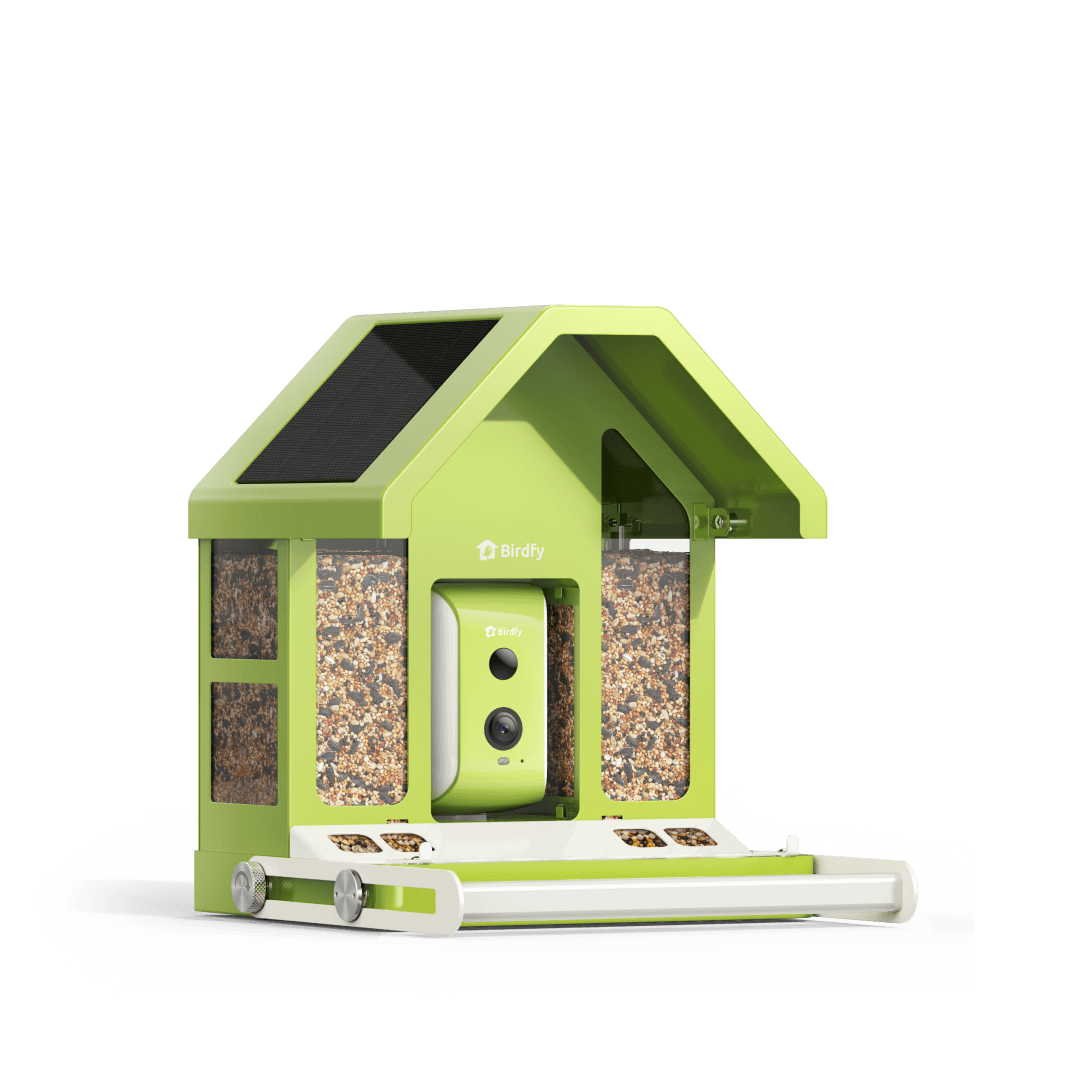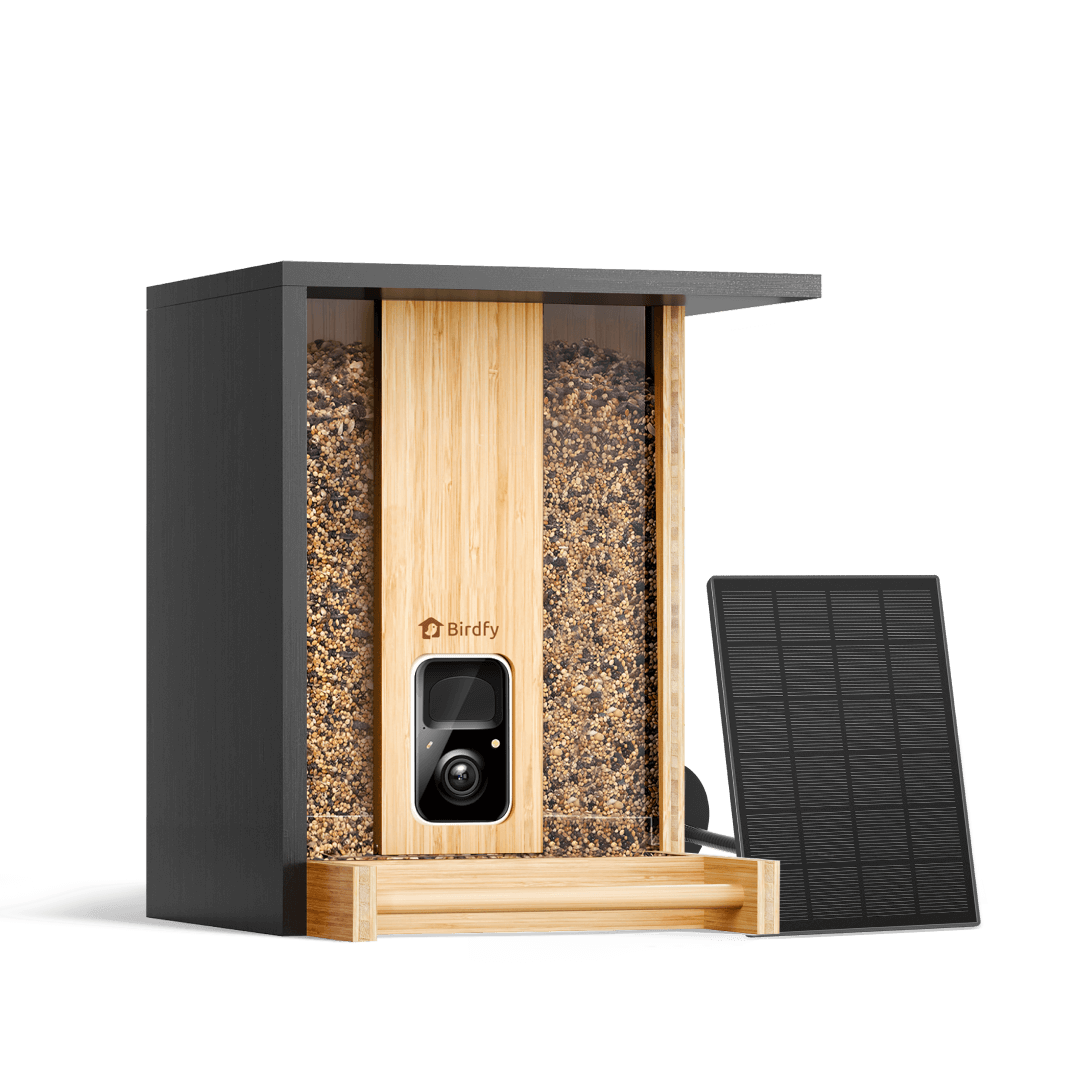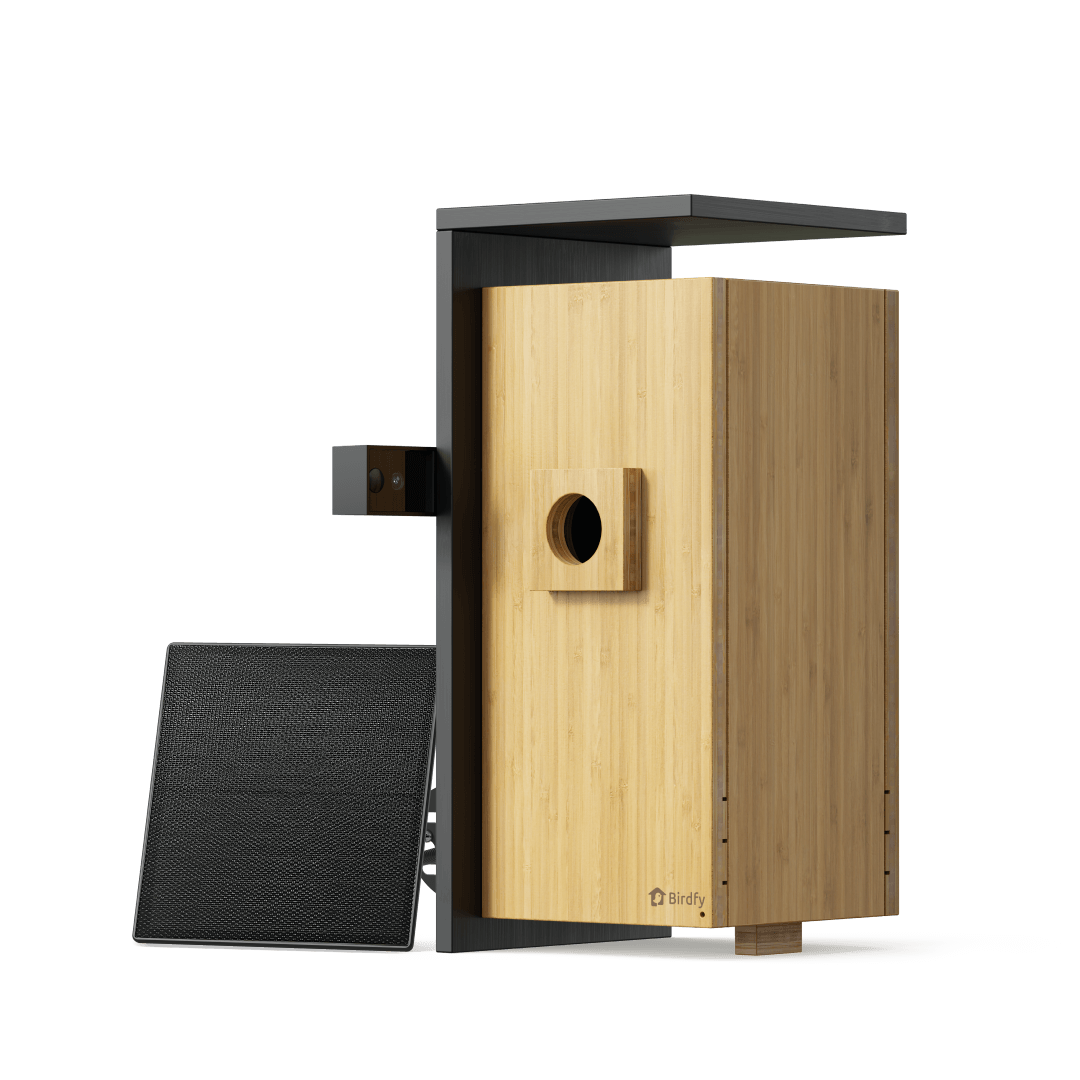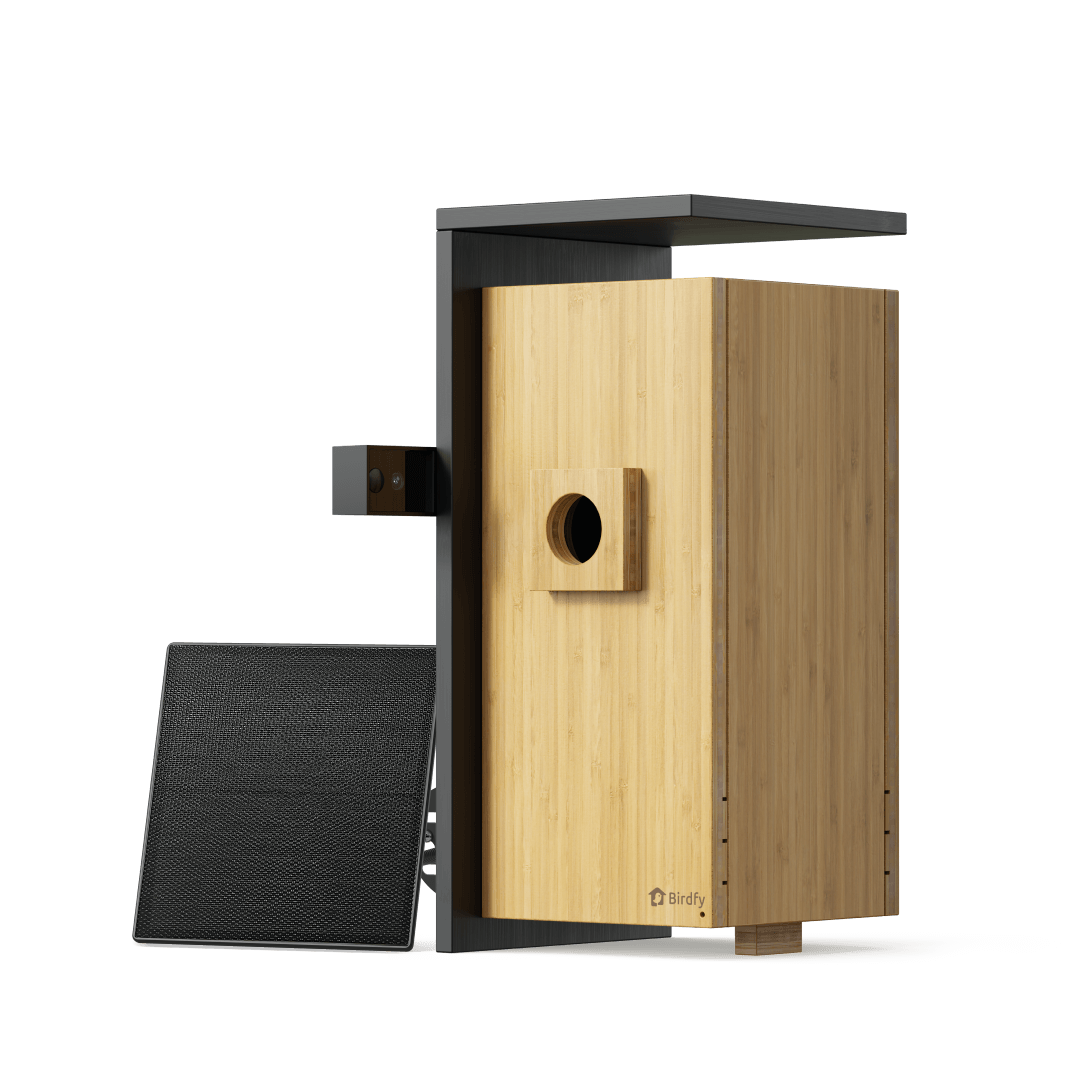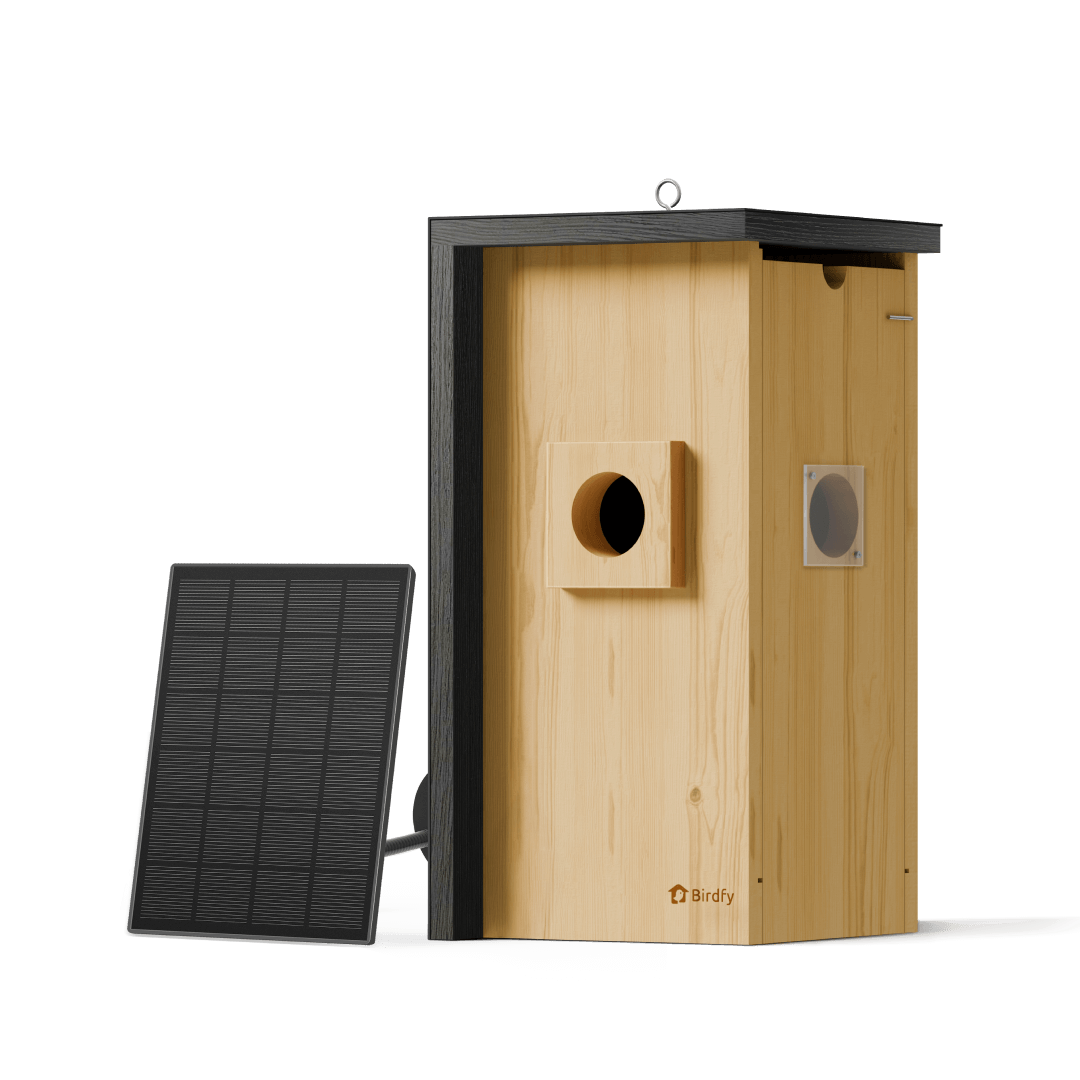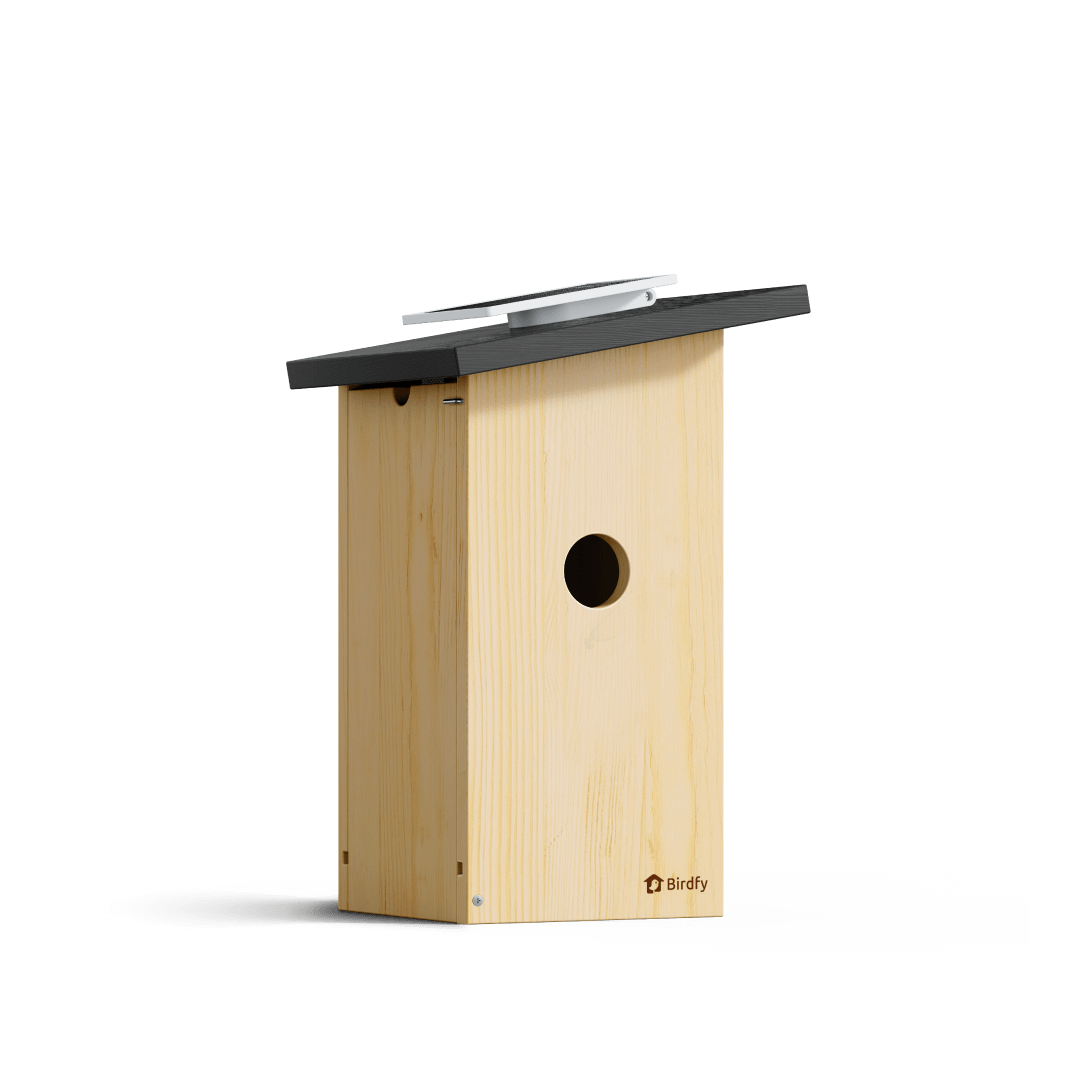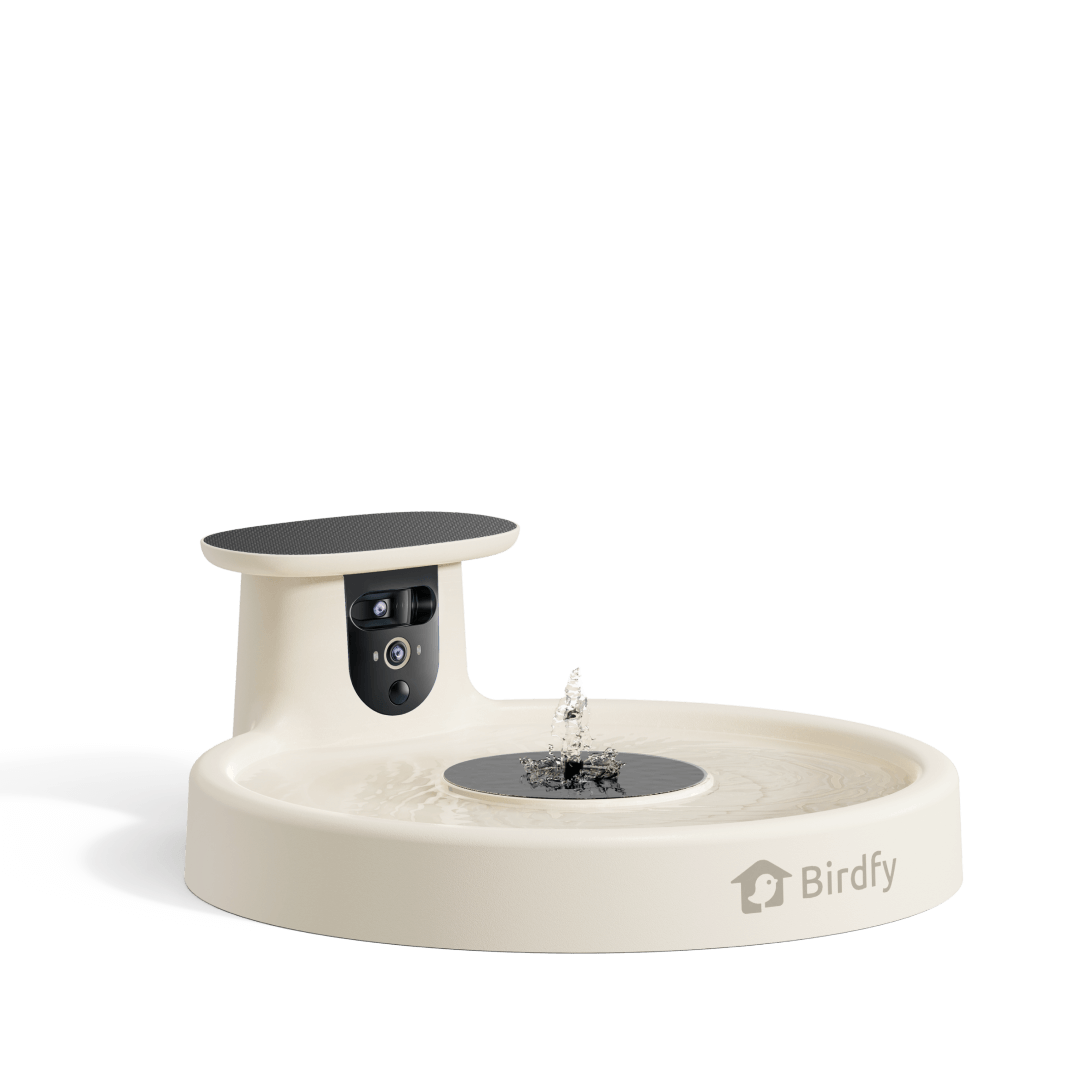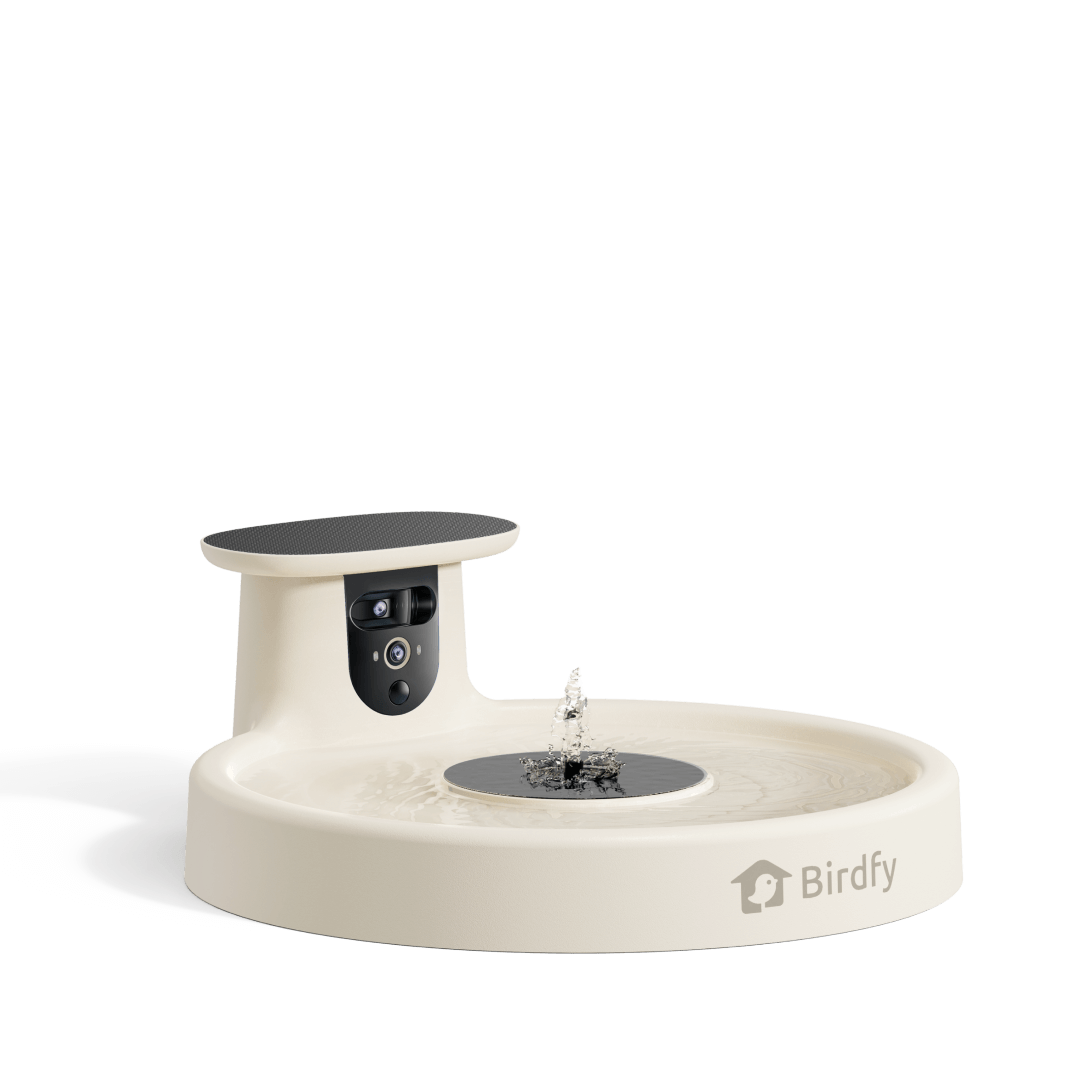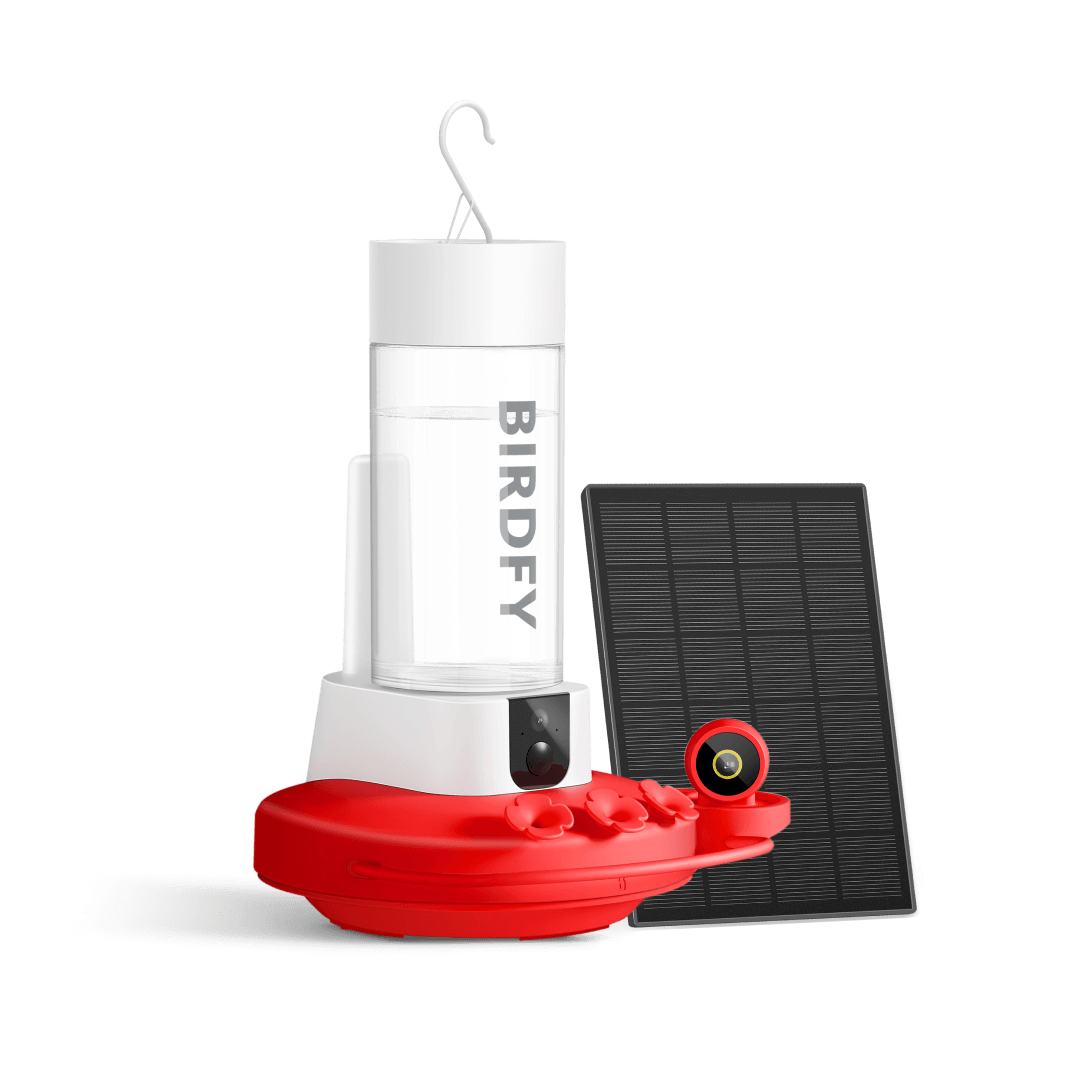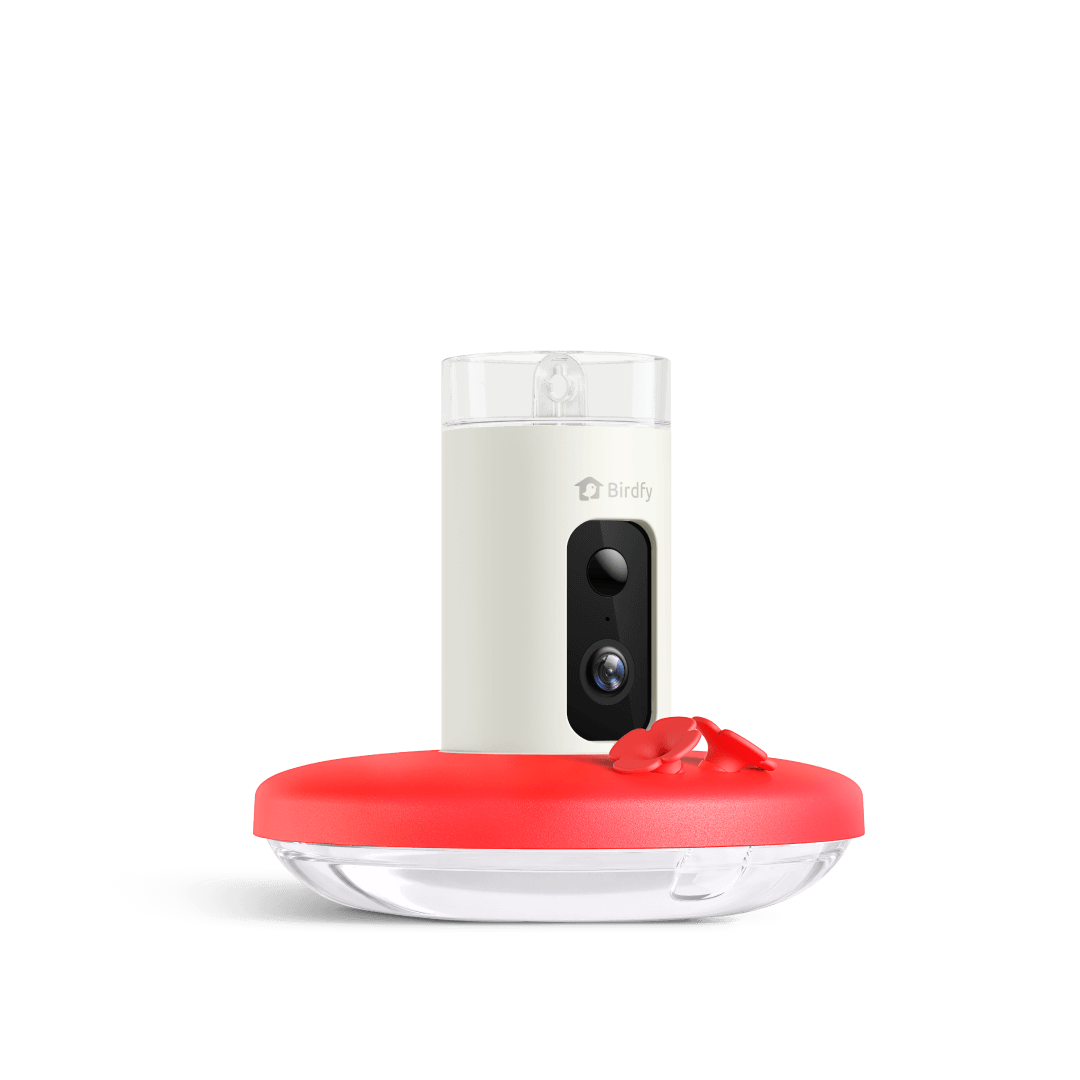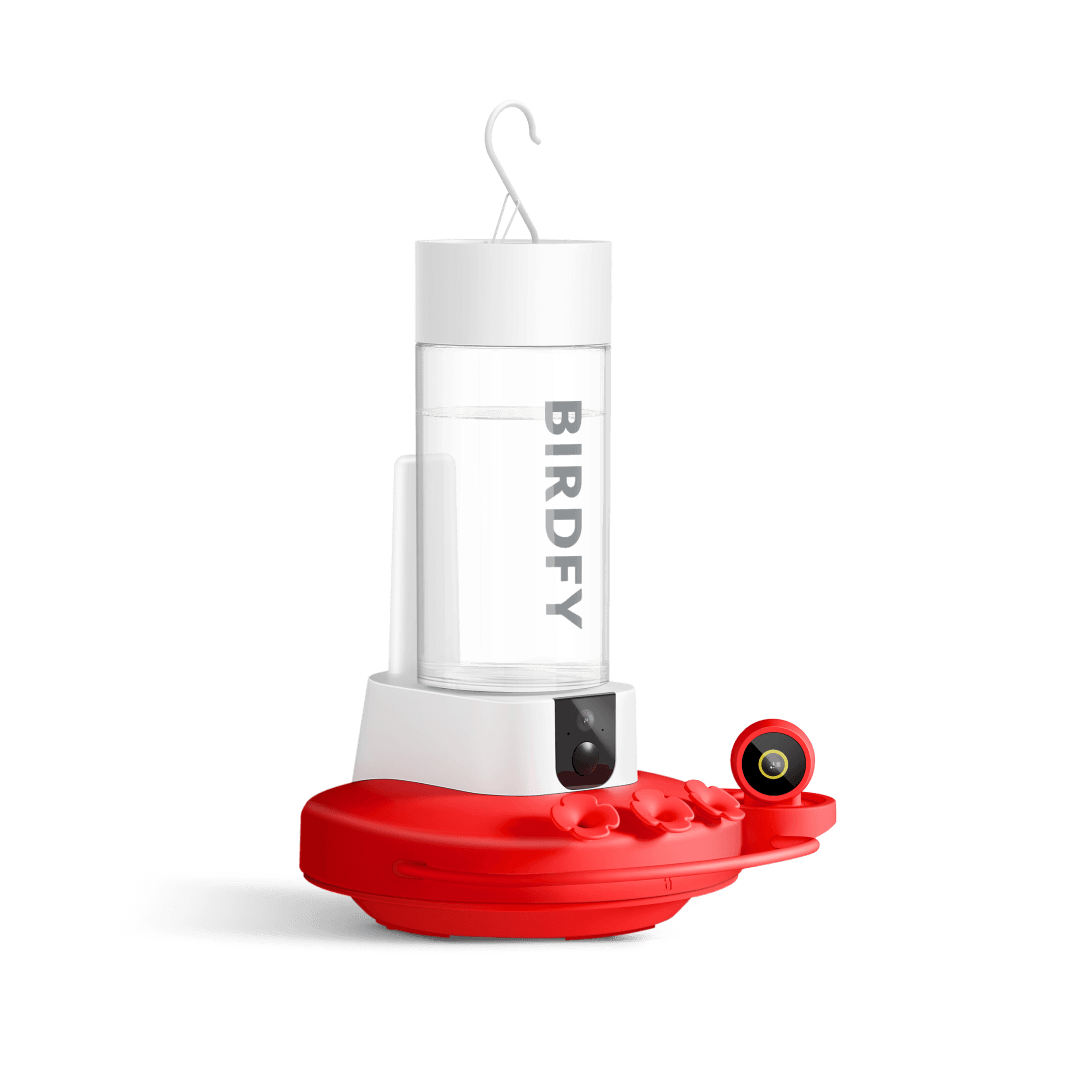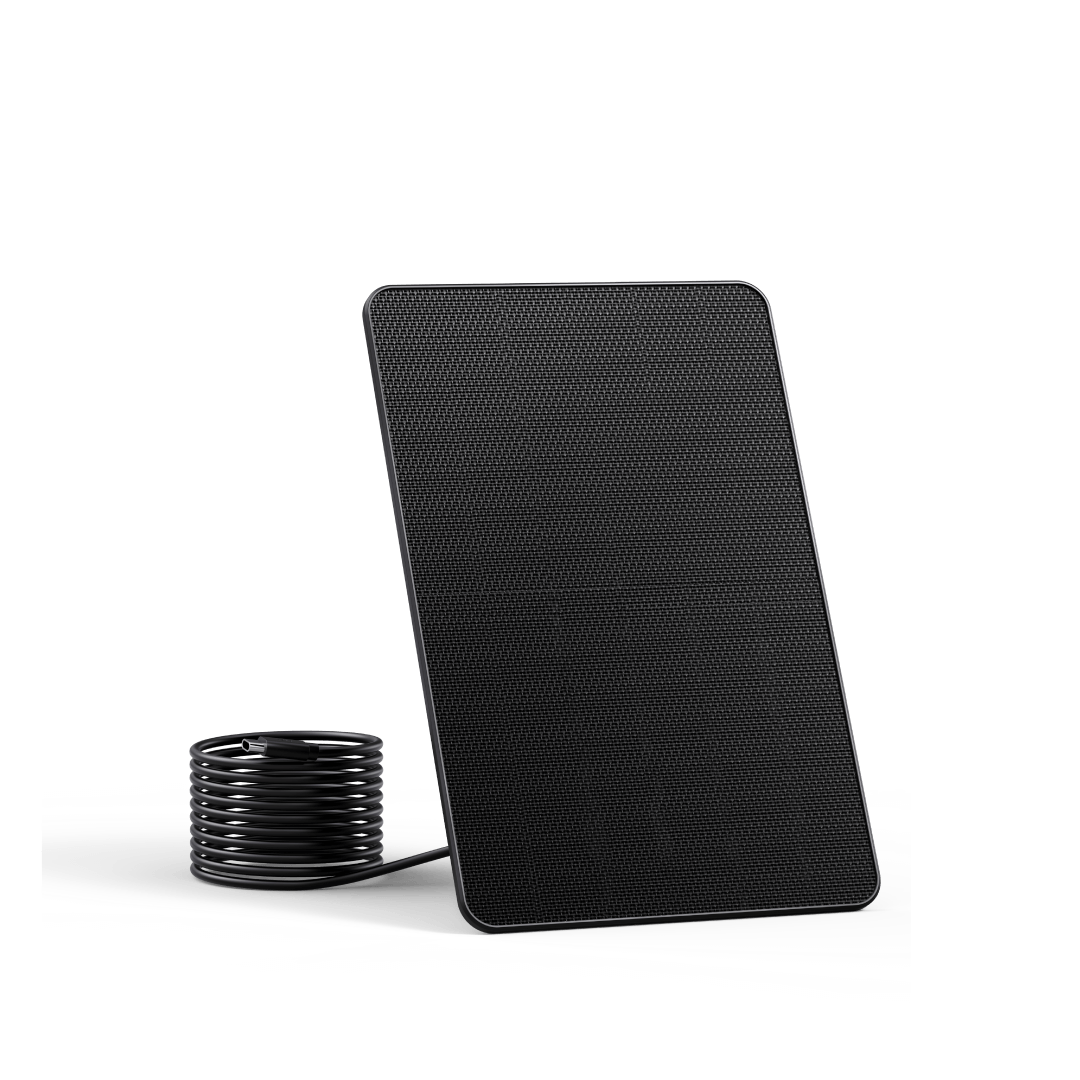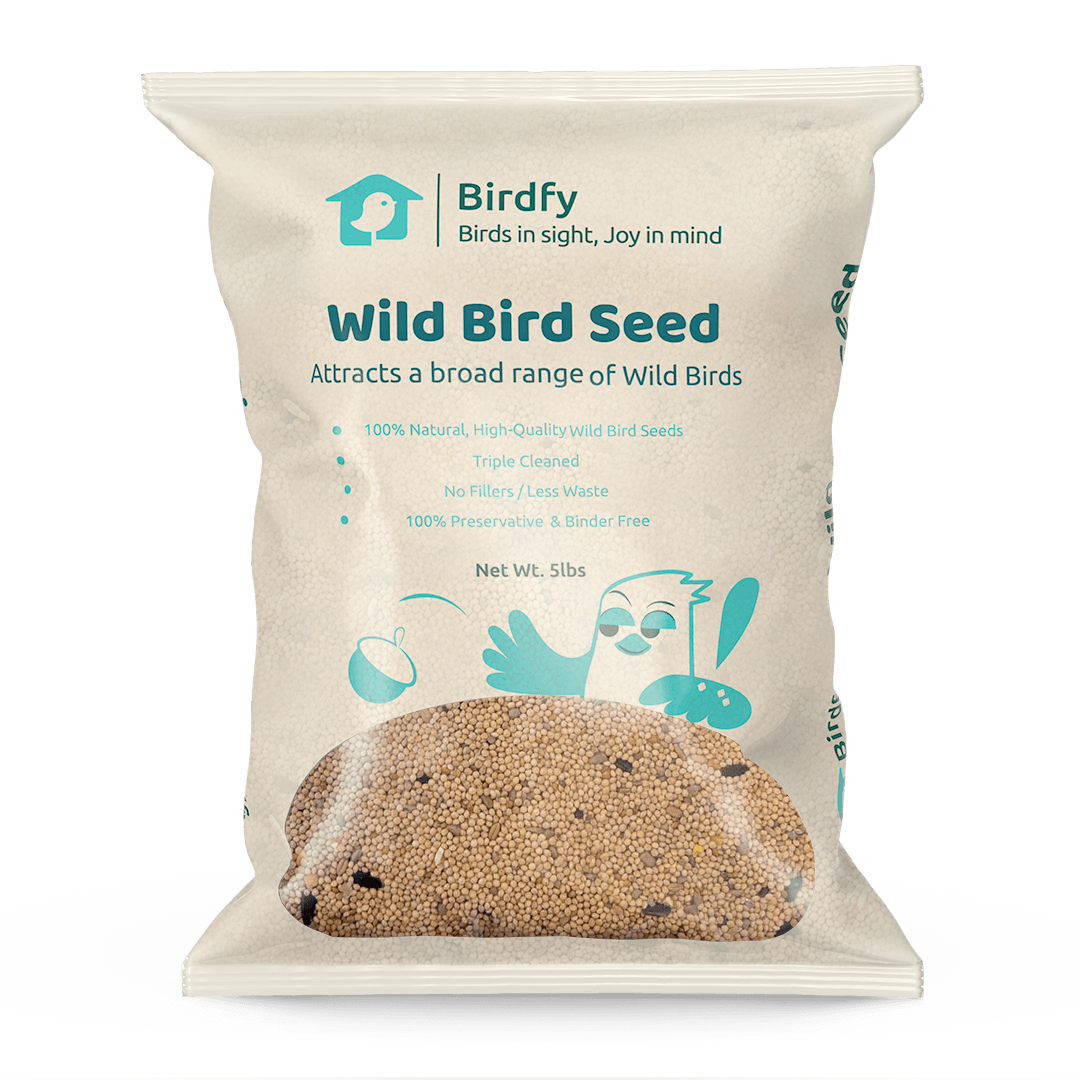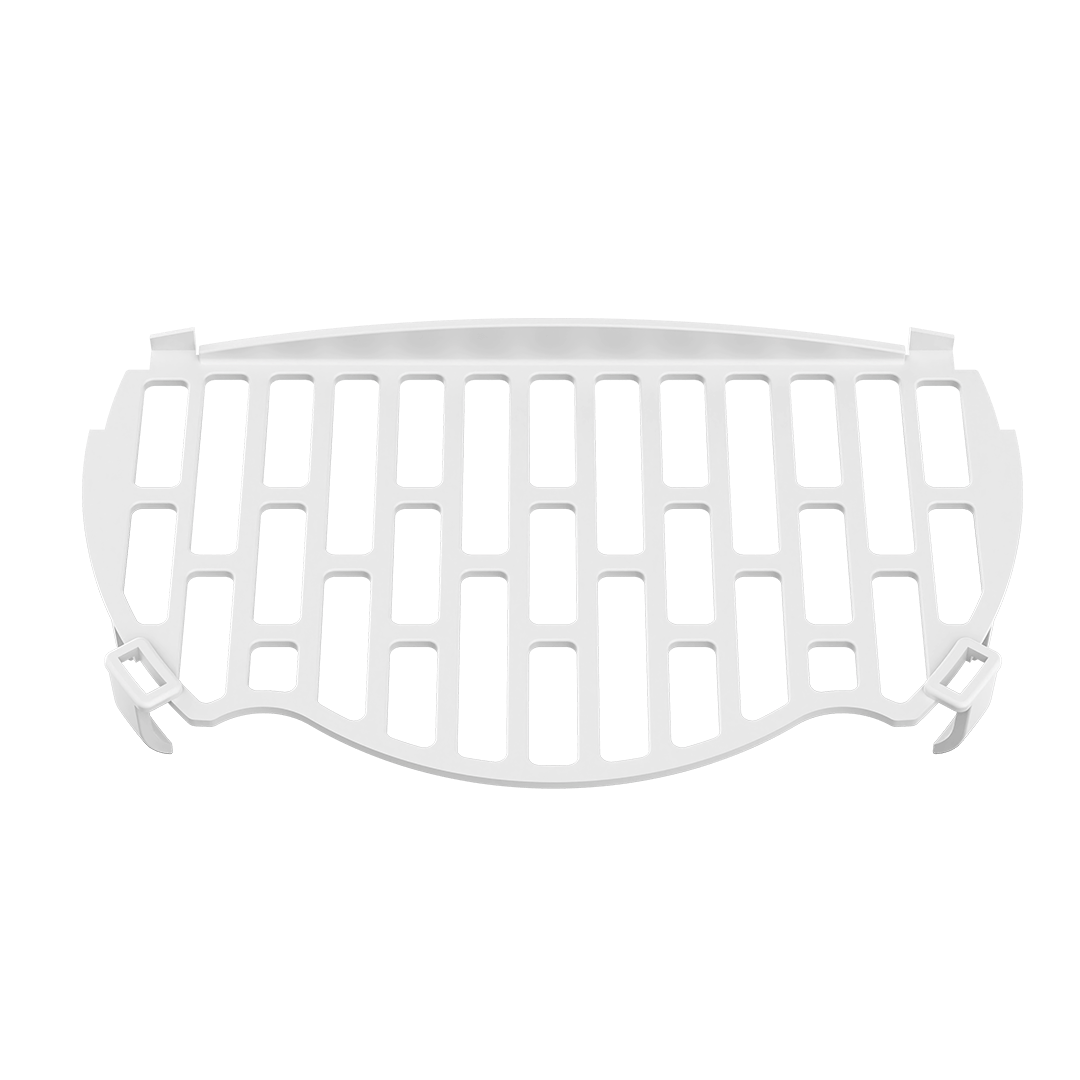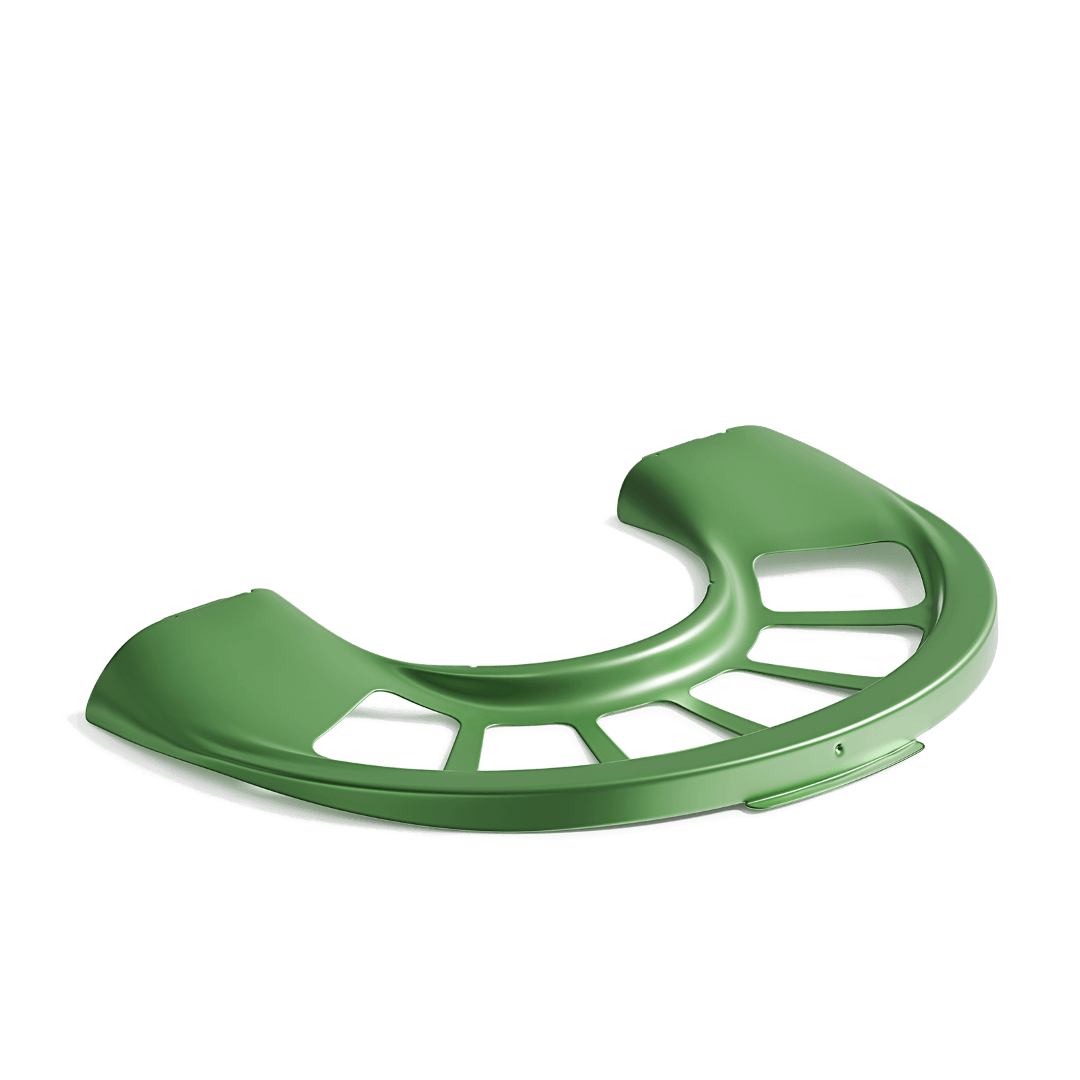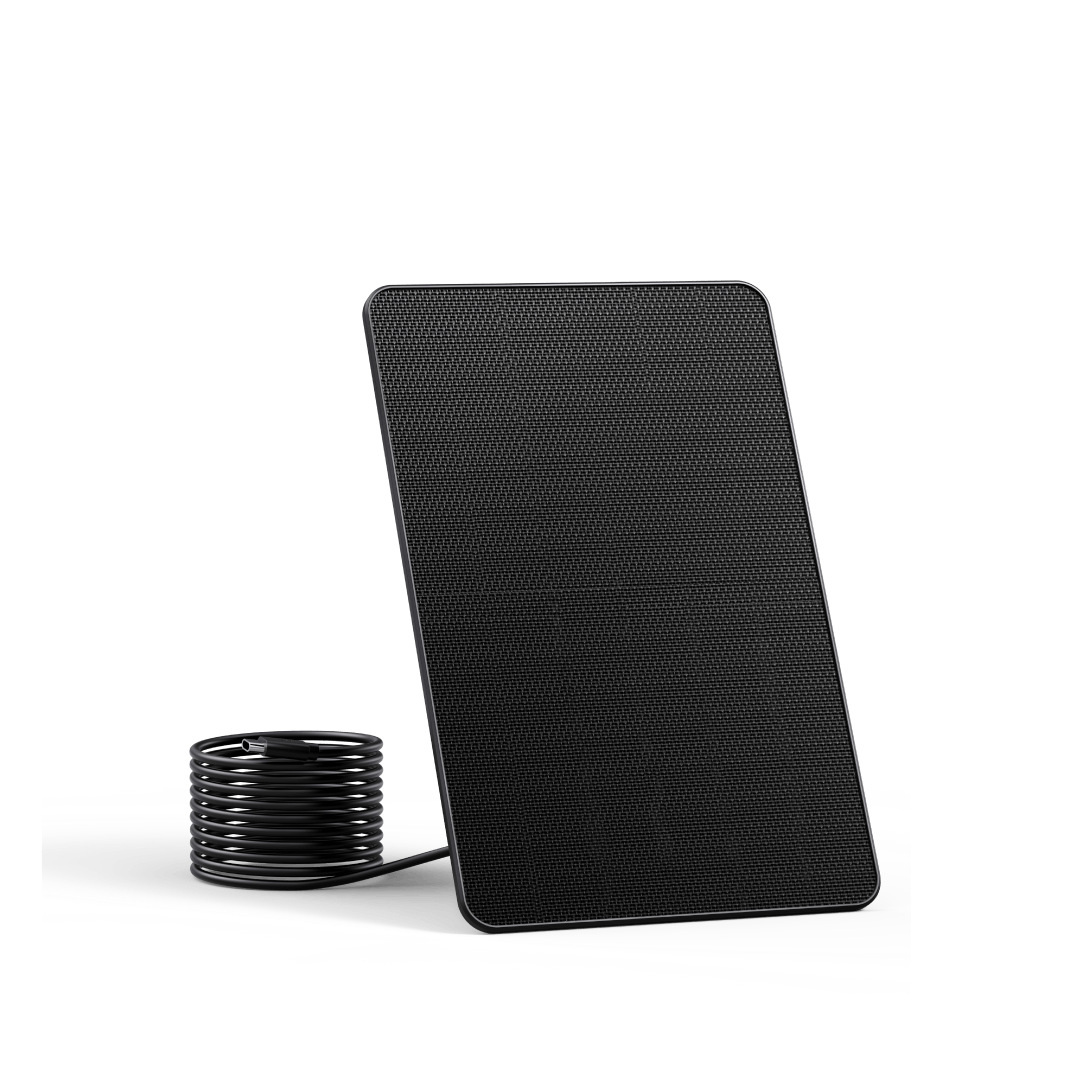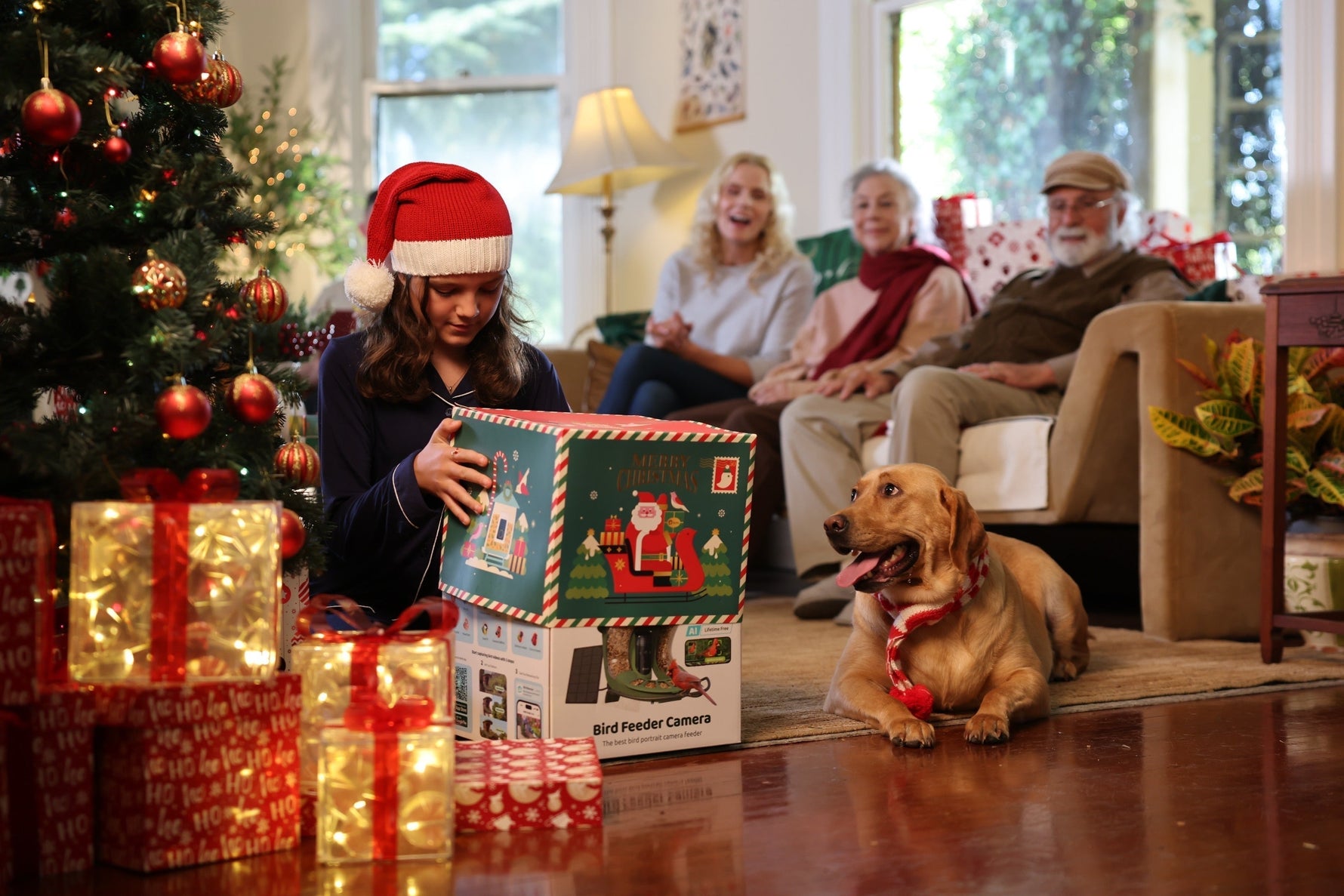Should I stop feeding birds because of Avian Flu?
Dr Stephen Moss, Global Consultant, NETVUE Birdfy
Newspaper headlines and TV reports about the spread of Avian Flu are understandably causing concern for those of us who regularly feed birds in our backyard or garden. STEPHEN MOSS investigates and offers expert advice.
What is Bird Flu?
As its name suggests, Avian Influenza – also commonly known as Bird Flu – is a virus that mostly infects birds. Although it originated in wild bird populations, it has inevitably spread to domestic poultry such as chickens, ducks and turkeys. It can also spread to other animals, for example cattle.
Hotspots for the disease include wild bird markets and industrial-scale poultry farms, mainly because they inevitably bring very large numbers of birds into close contact with one another, facilitating the easy spread of the disease, through the birds’ droppings and contact with contaminated surfaces.
For birds the disease is often fatal; however, birds can sometimes carry the virus without showing any symptoms or falling ill, which means that it can spread more easily and rapidly through a population. From 2021 to 2023, outbreaks around the UK killed hundreds of thousands of wild birds of more than 150 different species – including some garden birds.
In the USA, the UK and other countries around the world, governments usually provide up to date information on the disease and its spread, issuing specific warnings whenever there is a major outbreak.
In England and Wales, official information comes from the government via DEFRA (Department for Environment, Food & Rural Affairs), who issued their original guidelines in 2022, and revise them regularly. The latest update, in November 2025, confirmed that there have been several recent (but fortunately still isolated) outbreaks in large poultry farms, where DEFRA have set up isolation areas to stop the disease spreading.
In the USA, Bird Flu updates are given by the CDCs (Centers for Disease Control and Prevention), who have recently issued several warnings about outbreaks. However they reassure the public that while the disease is widespread in wild birds worldwide, “the current public health risk is low”.
In the UK, the BTO (British Trust for Ornithology) also provides very helpful advice and updates on Bird Flu. In late 2025 the BTO sent out a press release warning of a recent rise in cases of the disease in wild birds, to coincide with the autumn migration season when large flocks of birds – especially ducks, geese, swans, gulls and waders – arrive in the Britain from the north and east to spend the winter here. They also reported the mass deaths of more than 2,000 Common Cranes in Germany. Because these groups of birds are very sociable, they are often the first groups to be diagnosed with Bird Flu.
Is Bird Flu dangerous to humans?
In recent years, there have been several cases worldwide where Bird Flu has spread from birds to human beings, who have come into close contact with wild or domesticated birds or livestock. These cases are also carefully monitored by the relevant authorities.
In humans, Bird Flu generally only produces mild flu-like symptoms, but in a few very unusual cases, this can lead to severe respiratory illness, and on very rare occasions even death. However, ordinary members of the public, who do not work closely or come into physical contact with wild or domesticated birds, are very unlikely to catch the disease, and do not need to be overly concerned.
Should You Stop Feeding Birds Because of Bird Flu?
In general, the answer is no. If the birds visiting your garden or backyard look healthy and are feeding normally then it is very unlikely that there is a problem.
However, if your local (or national) authorities have issued a warning, or if you see any sick, dying or dead birds around your feeders, then you should stop feeding immediately and report the cases to the authorities. Then you should wait for at least two weeks before you begin providing food again, and only if you are absolutely sure that the disease is no longer present – again, check with the authorities if you are at all concerned.
As always, whether there is a problem or not, make sure you keep your feeders clean and always wash them regularly using a mild disinfectant or soap and hot water. Also regularly empty your bird baths, then clean and disinfect them before refilling them with fresh, clean water.
In general, avoid attracting wildfowl – ducks, geese and swans – as these groups are especially vulnerable to catching and transmitting Bird Flu. And never touch or pick up wild birds – especially sick or infected ones – as this might put you in danger.
However, all this advice should be put in the wider context – you are very unlikely to have a problem with Bird Flu.
FAQs
1. How often should I clean my bird feeders to keep birds healthy?
Bird feeders should be cleaned regularly: at least once a week and often more frequently, especially if you are attracting plenty of birds. You can use soap and hot water, a 50:50 mix of water and vinegar, or a mild disinfectant, and a firm scrubbing brush to make sure you reach every nook and cranny and clean out all contaminated food.
2. Are there eco-friendly cleaning solutions for bird feeders?
There are some eco-friendly cleaning solutions, but you should always check the contents on the bottle to ensure they are safe.
3. Can I use a dishwasher to clean bird feeders safely?
Generally, should not put bird feeders in the dishwasher with your own household goods, as there might be cross-contamination and damage from high heat or detergent residue. However, if the feeder is specifically marked as dishwasher-safe, you can run it on a separate cycle, but it’s generally safer and more effective to clean it by hand. Birdfy feeders are generally too large to out in a dishwasher, and in any case have cameras and electronic parts, so should always be washed very carefully by hand.
4. How should I clean my bird feeders?
- Dismantle the feeder carefully, removing any electronic parts and cameras in the case of Birdfy products.
- Use a small brush like an old toothbrush and/or a washing-up brush to scrape away any residual food waste and debris from the inside and outside of the feeder, perches, etc. Specialist cleaning brushes made to clean bicycles are often good as they reach the tricky parts!
- Disinfect all parts of the feeder, using your chosen cleaning solution (vinegar & water or a specialised cleaner). You can soak the parts in the solution, ensuring that all surfaces are submerged.
- Rinse every part of the feeder thoroughly with clean water.
- Allow the feeder to dry completely. A good practice is to clean it in the evening and let it dry overnight to ensure it is fully dry before restocking with food the next day.
Share





